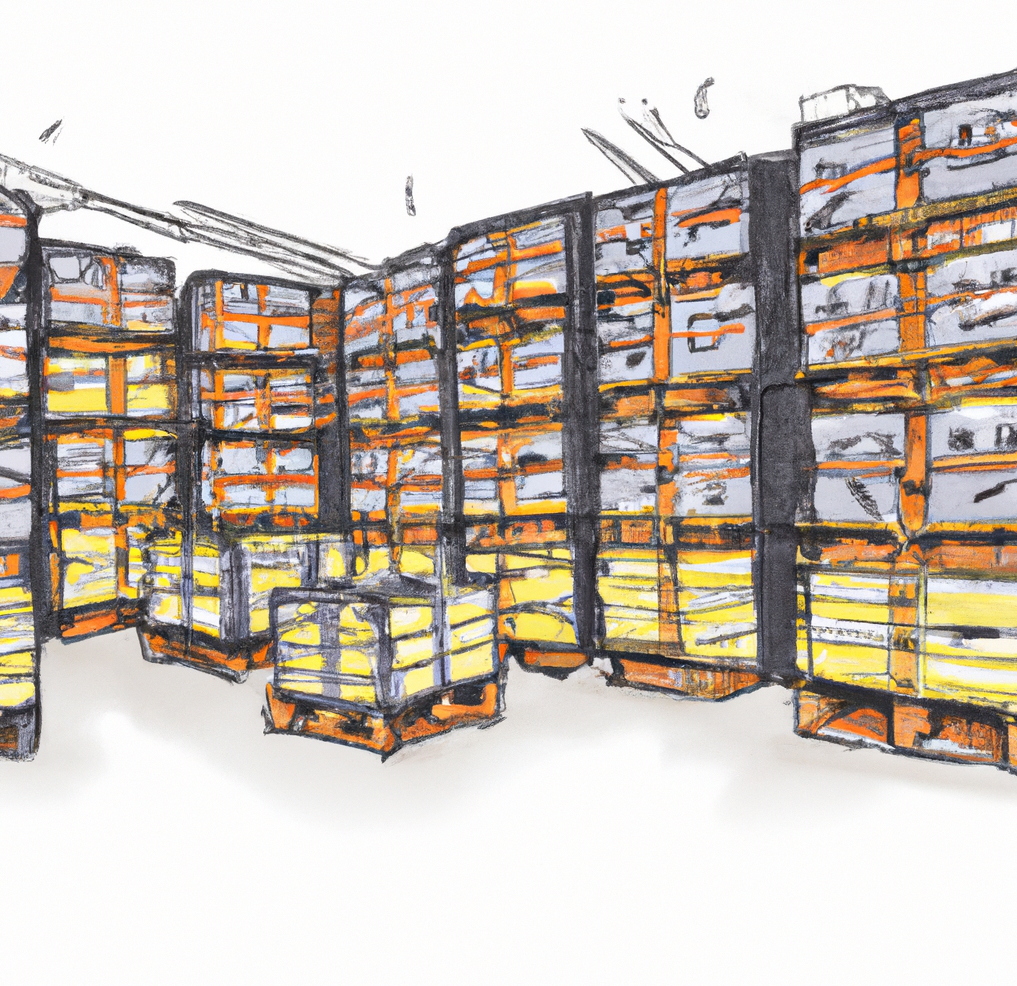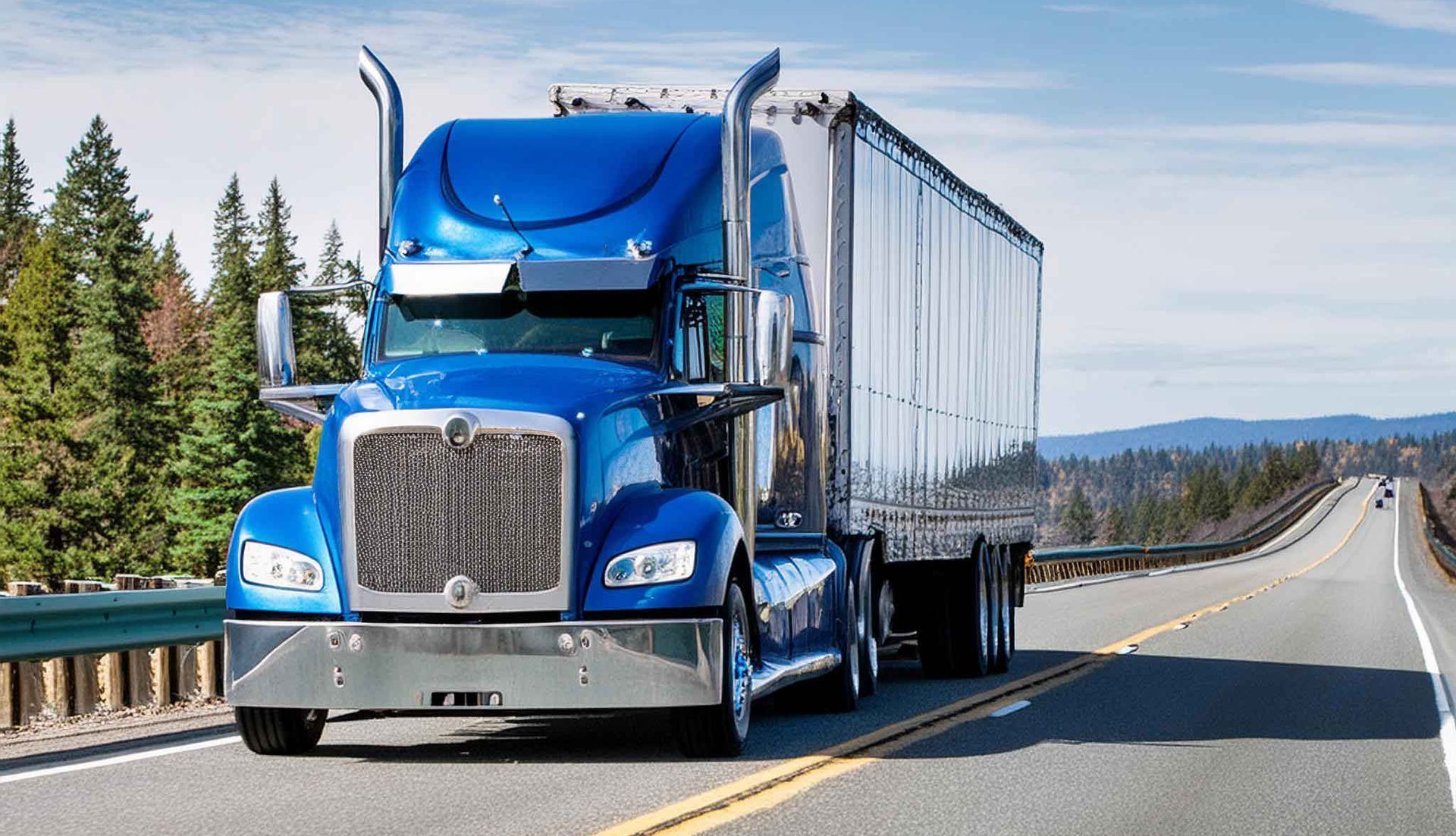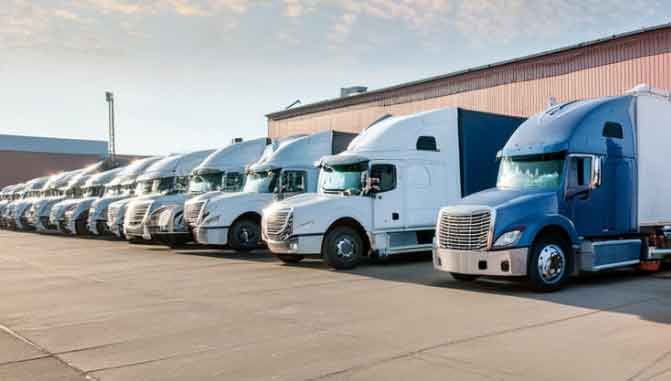Partial Truckload: A Comprehensive Guide
Partial Truckload
As businesses strive to optimize their supply chains, one solution gaining popularity is partial truckload shipping. In this article, we will explore the concept of partial truckload, its benefits, and why it has become an attractive option for many companies.
What is Partial Truckload?
Partial truckload (PTL), also known as less-than-truckload (LTL) volume shipping, refers to a freight shipping option that falls between traditional full truckload (FTL) and less-than-truckload (LTL) shipping. With partial truckload, shipments typically occupy a portion of the available trailer space, sharing it with other freight from different shippers. This shipping method offers a balance between cost-effectiveness and faster transit times.

Understanding Partial Truckload:
- Cost Efficiency: One of the primary advantages of partial truckload shipping is its cost efficiency. Instead of paying for an entire truck, businesses pay only for the space their shipment occupies. By sharing trailer space with other shippers, companies can significantly reduce transportation costs, making it an attractive option for medium-sized shipments that do not require a full truckload.
- Faster Transit Times: Unlike traditional less than truckload (LTL) shipments, partial truckload shipments have fewer handling points and undergo minimal consolidation and deconsolidation processes. This streamlined approach leads to faster transit times compared to LTL shipping. It ensures reduced transit time variability and more precise delivery estimates, allowing businesses to better plan their inventory management and meet customer expectations.
- Reduced Risk of Damage: Partial truckload shipments generally involve less handling and fewer transfers. By sharing trailer space with fewer shippers, the risk of damage or loss during transportation is significantly reduced compared to LTL shipping, where freight may go through multiple loading and unloading processes. This advantage makes partial truckload an appealing option for businesses shipping delicate or fragile goods.
- Enhanced Security: With partial truckload, shipments are usually loaded and secured together, minimizing the chances of theft or tampering. As freight remains in a sealed trailer for the duration of the journey, the risk of unauthorized access is greatly reduced. This added security can be vital when shipping valuable or sensitive goods.
- Environmental Sustainability: Partial truckload shipping helps optimize transportation resources by maximizing trailer capacity and reducing empty miles traveled. By consolidating shipments from multiple shippers, partial truckload minimizes the number of trucks on the road, leading to reduced fuel consumption and lower carbon emissions. This eco-friendly transport approach aligns with the growing emphasis on sustainability and corporate social responsibility.
Partial Truckload Cons:
- Limited Availability of Carriers: Unlike full truckload (FTL) or less-than-truckload (LTL) options, partial truckload services may have limited availability of carriers. Some carriers may not specialize in or offer partial truckload services, which can reduce the options for finding suitable carriers for your specific needs. This limitation may require businesses to invest more time and effort in finding appropriate carriers and coordinating shipments.
- Longer Transit Times than Full Truckload: While partial truckload shipping generally provides faster transit times compared to traditional less-than-truckload (LTL) shipping, it can still have longer transit times than full truckload (FTL) shipping. Since multiple shipments are being consolidated in the trailer, there may be additional stops and minor detours along the route to accommodate different deliveries. This can result in slightly longer transit times, especially for shipments that are not time-sensitive.
- Less Control over Shipment Handling: With partial truckload shipping, your freight is sharing space with other shipments from different shippers. This shared environment means that you have less control over how your shipment is handled during transit. While carriers take precautions to secure and protect each shipment, there is a possibility of accidental damage or mishandling by other shippers' freight. However, it's worth noting that the risk is generally lower compared to less-than-truckload (LTL) shipping, which involves more handling and transfers.
It's important to weigh these cons against the benefits and specific requirements of your shipments when considering partial truckload as a shipping option. Each business's needs and priorities may differ, so it's essential to evaluate the pros and cons to make an informed decision that aligns with your transportation objectives.
Partial truckload shipping offers a cost-effective and efficient solution for businesses seeking to optimize their freight transportation. With its advantages of cost efficiency, faster transit times, reduced risk of damage, enhanced security, and environmental sustainability, partial truckload has emerged as a viable alternative to both full truckload and less-than-truckload shipping methods. By leveraging the benefits of partial truckload, businesses can enhance their supply chain operations, improve customer satisfaction, and ultimately achieve a competitive edge in today's dynamic marketplace.
TLI Insights
Get the latest logistics insights and tips from TLI's award-winning team. Stay ahead in transportation planning.
Questions? Email us at marketing@shiptli.com



